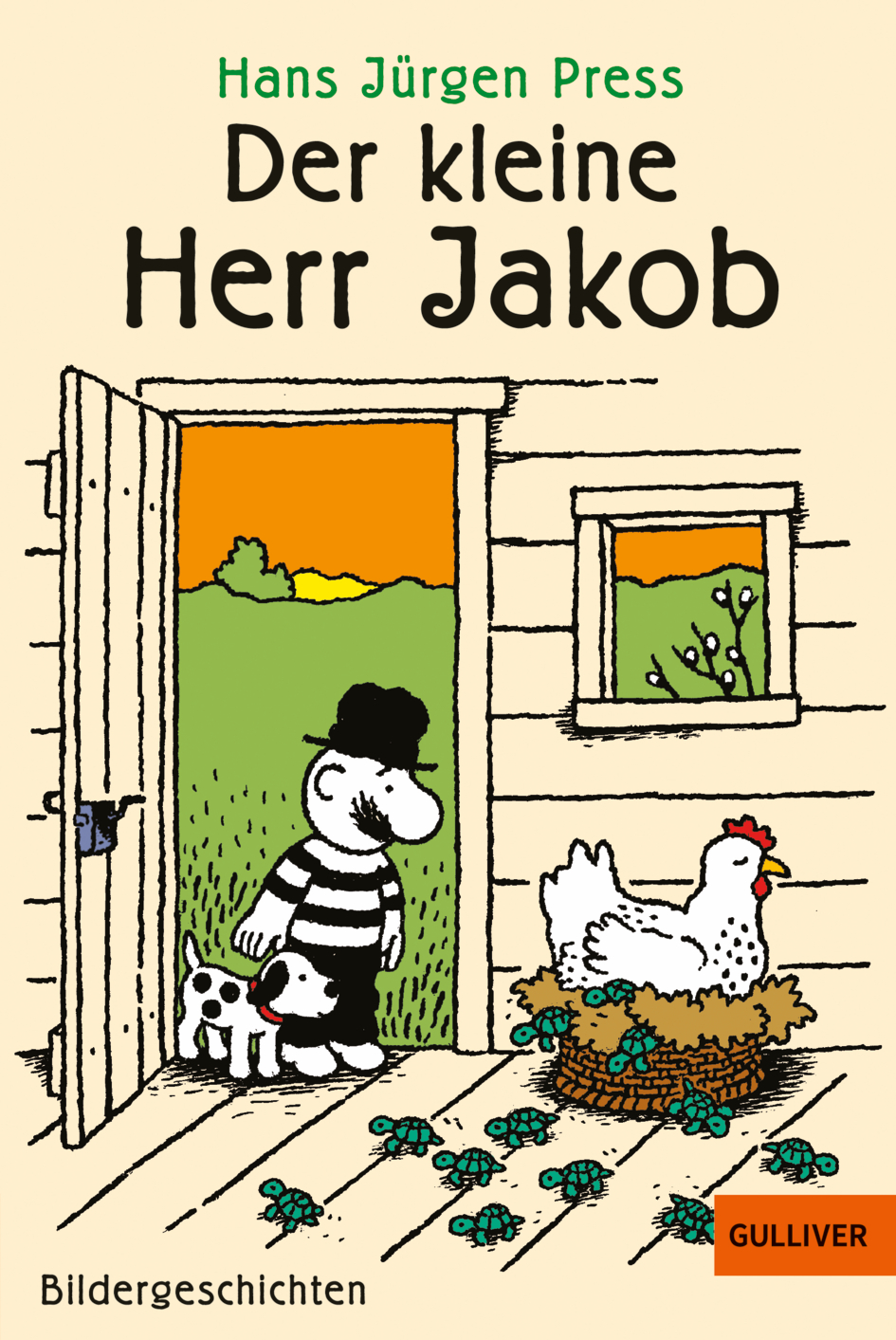What Is Noun And Pronoun : Difference Between Phrase and Sentence - A noun is a word that describes a person, place, thing, or idea.
A pronoun must agree in person and number with the noun to which it refers. Examples of nouns include names, locations, objects in the physical world, or objects and . A noun is what we call the word that names something or someone. A noun may be a person, a thing or a place. The main difference between nouns and pronouns is that nouns name a person, thing or idea and don't require an antecedent, while pronouns .
A noun may be a person, a thing or a place.
The word worm names a thing. Prepositions relate nouns or pronouns to other words in a sentence, e.g., about, at, down, for, of, with. A noun is defined as a word that denotes a person, place or thing. The differences between them can be seen in their usage. Therefore, the word worm is a noun. Examples of nouns include names, locations, objects in the physical world, or objects and . A pronoun must agree in person and number with the noun to which it refers. All pronouns must clearly refer to the noun they replace. A word (except a pronoun) that identifies a person, place or thing, or names one of them (proper noun). Nouns can play many roles within a sentence. A noun may be a person, a thing or a place. A pronoun is a word that stands in for a noun. A pronoun can represent a .
The main difference between nouns and pronouns is that nouns name a person, thing or idea and don't require an antecedent, while pronouns . The word worm names a thing. Therefore, the word worm is a noun. Examples of nouns include names, locations, objects in the physical world, or objects and . A pronoun can represent a .
The differences between them can be seen in their usage.
A pronoun is a word that stands in for a noun. A noun is what we call the word that names something or someone. The noun being replaced and the function that noun has in the sentence. The word worm names a thing. Examples of nouns include names, locations, objects in the physical world, or objects and . Nouns can play many roles within a sentence. A word (except a pronoun) that identifies a person, place or thing, or names one of them (proper noun). A noun is defined as a word that denotes a person, place or thing. Conjunctions link words, clauses, and phrases. The main difference between nouns and pronouns is that nouns name a person, thing or idea and don't require an antecedent, while pronouns . Nouns are one of the four major word classes, along with verbs, adjectives and adverbs. Therefore, the word worm is a noun. A noun may be a person, a thing or a place.
The differences between them can be seen in their usage. A pronoun is a word that stands in for a noun. A pronoun can represent a . Conjunctions link words, clauses, and phrases. Nouns are one of the four major word classes, along with verbs, adjectives and adverbs.
A word (except a pronoun) that identifies a person, place or thing, or names one of them (proper noun).
A noun is defined as a word that denotes a person, place or thing. All pronouns must clearly refer to the noun they replace. Therefore, the word worm is a noun. Prepositions relate nouns or pronouns to other words in a sentence, e.g., about, at, down, for, of, with. A pronoun can represent a . Examples of nouns include names, locations, objects in the physical world, or objects and . Conjunctions link words, clauses, and phrases. The differences between them can be seen in their usage. A noun is a word that describes a person, place, thing, or idea. The noun being replaced and the function that noun has in the sentence. A noun is what we call the word that names something or someone. A different pronoun is required depending on two elements: A pronoun is a word that stands in for a noun.
What Is Noun And Pronoun : Difference Between Phrase and Sentence - A noun is a word that describes a person, place, thing, or idea.. A different pronoun is required depending on two elements: A pronoun must agree in person and number with the noun to which it refers. A noun is defined as a word that denotes a person, place or thing. The noun being replaced and the function that noun has in the sentence. The word worm names a thing.



